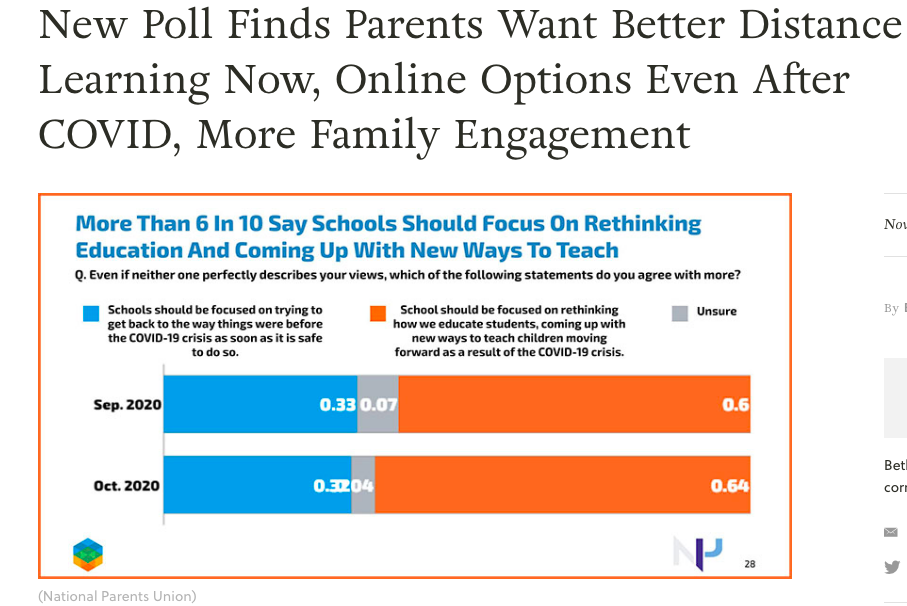Presented on January 27, 2021
Panelists
Andrew Campanella, president of National School Choice Week since 2012.
Andrew Campanella is president of National School Choice Week, the world’s largest education-related public awareness effort. In 2020, more than 50,000 events and activities were held by schools, organizations, and individuals to celebrate opportunity in education. He is also the author of The School Choice Roadmap: 7 Steps to Finding the Right School for Your Child, which offers practical advice to parents in navigating their school options and choosing the best fit for their families.
Shawn Ehnes, Superintendent Julesburg School District.
As a former public school teacher, coach, principal and currently Superintendent of Schools in a Rural School District, Shawn Ehnes has expanded "choice" in a rural public school setting to ensure student's learning opportunities are not limited due to their isolated geographical location.
Keri Rodrigues, Co-founder, Founding President National Parents Union
Keri Rodrigues is Matthew, Miles and David’s mom and the Founding President of the National Parents Union. Called “arguably the most successful — parent organizer in education advocacy today,” her outstanding commitment to social, economic and educational equity for children and families spans decades.
Jemar Lee, Iowa Big HS Alumni
Jemar has a passion for transforming the education system to ensure all students experience an education that is built off of equity and assures that no matter what background, ethnicity, or social-economic status that one will succeed. By doing this, he serves as a fellow with Education Reimagined, a national non-profit based in Washington DC that is focused on transforming the K-12 education system in the United States and a Future of School ambassador.




